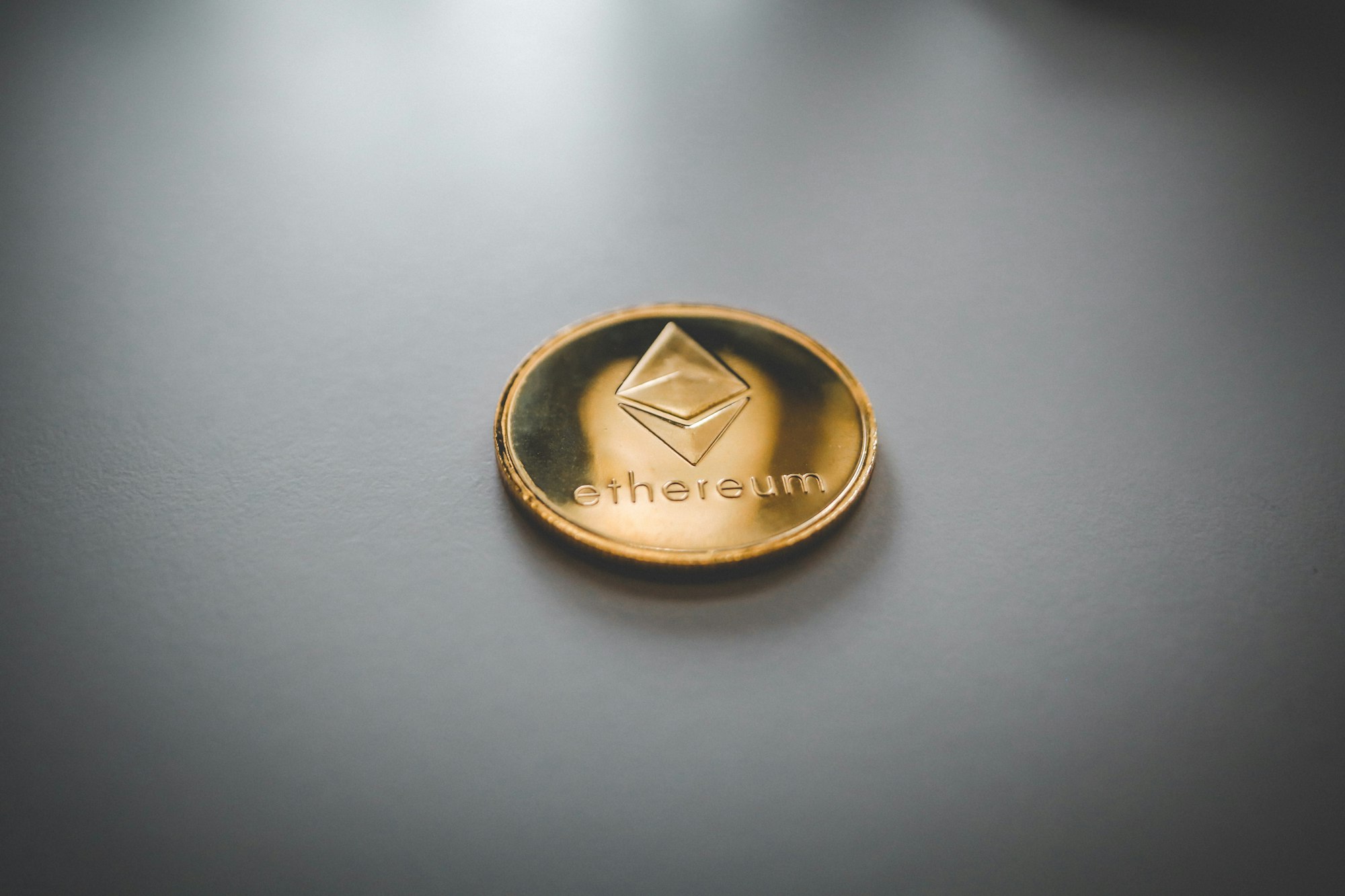Are you confident in accurately reporting cryptocurrency earnings on your tax returns?
Important Questions to Ask Before You Stake
March 16, 2020 · 3 min read
This Article was written in collaboration with IDEX Asset Exchange
In 2019, another use for cryptocurrencies continued to gain momentum—staking tokens for yield. Several things have happened since—more users have begun staking tokens, more staking opportunities than ever are now available, and staking programs have felt pressure to advertise incredibly high yields to remain competitive.
Given this landscape, is it still a good idea to participate in staking?
Staking crypto lends several risks which makes us believe it should be approached with caution. As explained in a blog post by IDEX, a leading Ethereum decentralized exchange, staking gains may actually hurt your bottom line. To ensure you’re making safe and potentially profitable decisions, ask yourself these questions before you stake.
Are the staking rewards funded through inflation or fees?
Many cryptonetworks are funded by inflation. In these models, users stake their holdings to earn more of the staking token issued by the protocol itself. While this increases the total supply of the underlying token, it also has a couple of implications:
- Stakers earn a proportional payout of the new tokens. If the majority of users in the network participates, then the overall proportion of ownership remains unchanged—no one gains.
- For the supply that’s not staked, owners will see their share decline compared to those who have staked.
Inflation funded staking may work in the early days, but for staking programs to last for the long term, staking compensation must transition from inflation funded to network fees.
Are payouts made in the staking token?
Many staking programs offer compensation paid in the staking token. As you likely want to see projects you hold a stake in grow, look for networks that support additional use cases and demand for the underlying token outside of staking collateral. Alternatively, look for opportunities that pay stakers in ETH or BTC.
For example, IDEX stakers earn 25% of the trade fees from IDEX in ETH for their role in helping run the platform. The payout is denominated in a separate asset that has its own demand and liquid markets (ETH is the “second best” cryptocurrency available).
This question is important because stakers face several pressures that depend on the value of the token reward. Some portion of the earned tokens will get sold back into the market. Stakers must be able to cover costs associated with participation in the network. And in many regions, stakers will end up selling a portion of their rewards to pay taxes. It’s important that other uses drive value for the token in order to combat these pressures.
Do you know your tax obligations? [by CoinTracker]
There’s no debate that US taxpayers must report staking rewards- if you received staking rewards during the tax year, make sure to answer “Yes” on the crypto question in your Schedule 1 tax form. That said, there’s still some debate on the exact tax treatment of staking rewards.
The conventional and safest approach would be to assume that all staking earnings are taxed upon receipt as ordinary income, as you are being compensated for a service you are providing. Alternatively, they may be taxed upon receipt as rental income, allowing you to deduct your expenses from the taxable amount. This is similar to how mining rewards have been traditionally taxed, as miners will reduce their taxable amount by the cost of their expenses (hardware, electricity, network, etc.).
A more novel and unproven approach says that block rewards (staking rewards) may not be taxed when you receive them, but only when you dispose (sell) them. This approach comes from a paper out of the University of Virginia School of Law (A. Sutherland) and asserts that when reward tokens are first created they dilute the existing supply and the stake of all token holders who do not participate in validation. In turn, block rewards simply help validators offset the effects of dilution. Another argument in favor uses the analogy of a fruit tree. If I am a farmer who owns and maintains an orange grove, I am not taxed on the oranges when they drop from the tree - I am taxed when I bring them to market and first sell them.
In either case, CoinTracker can help automate your crypto taxes for all staking and non-staking transactions in minutes. If you choose to use the conventional approach towards staking taxes and the more novel approach becomes widely acceptable, we can also help you refile your taxes free of charge so that you can claim those tax benefits in the future.
Disclaimer: this post is informational only and is not intended as tax advice. For tax advice, please consult a tax professional.



